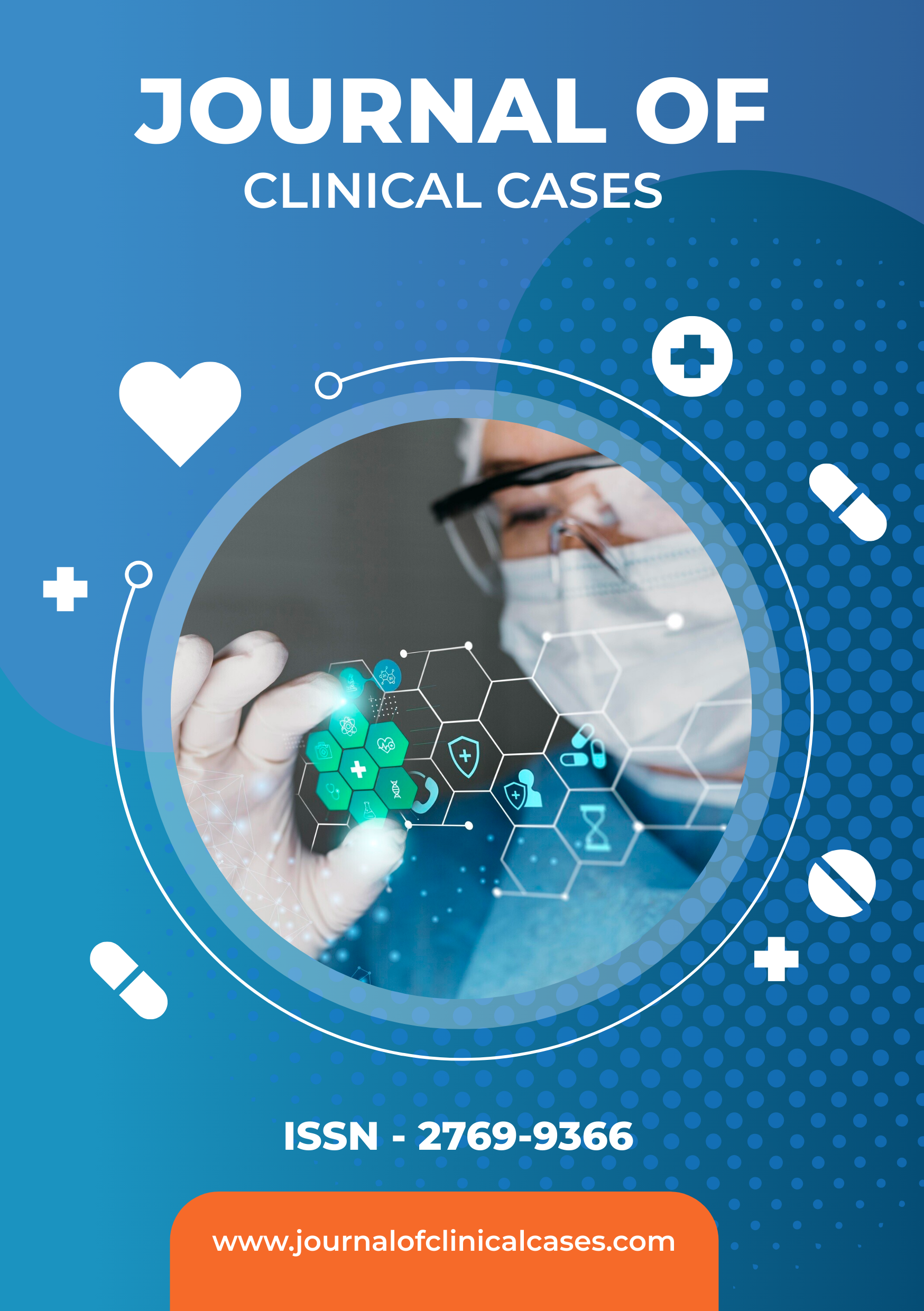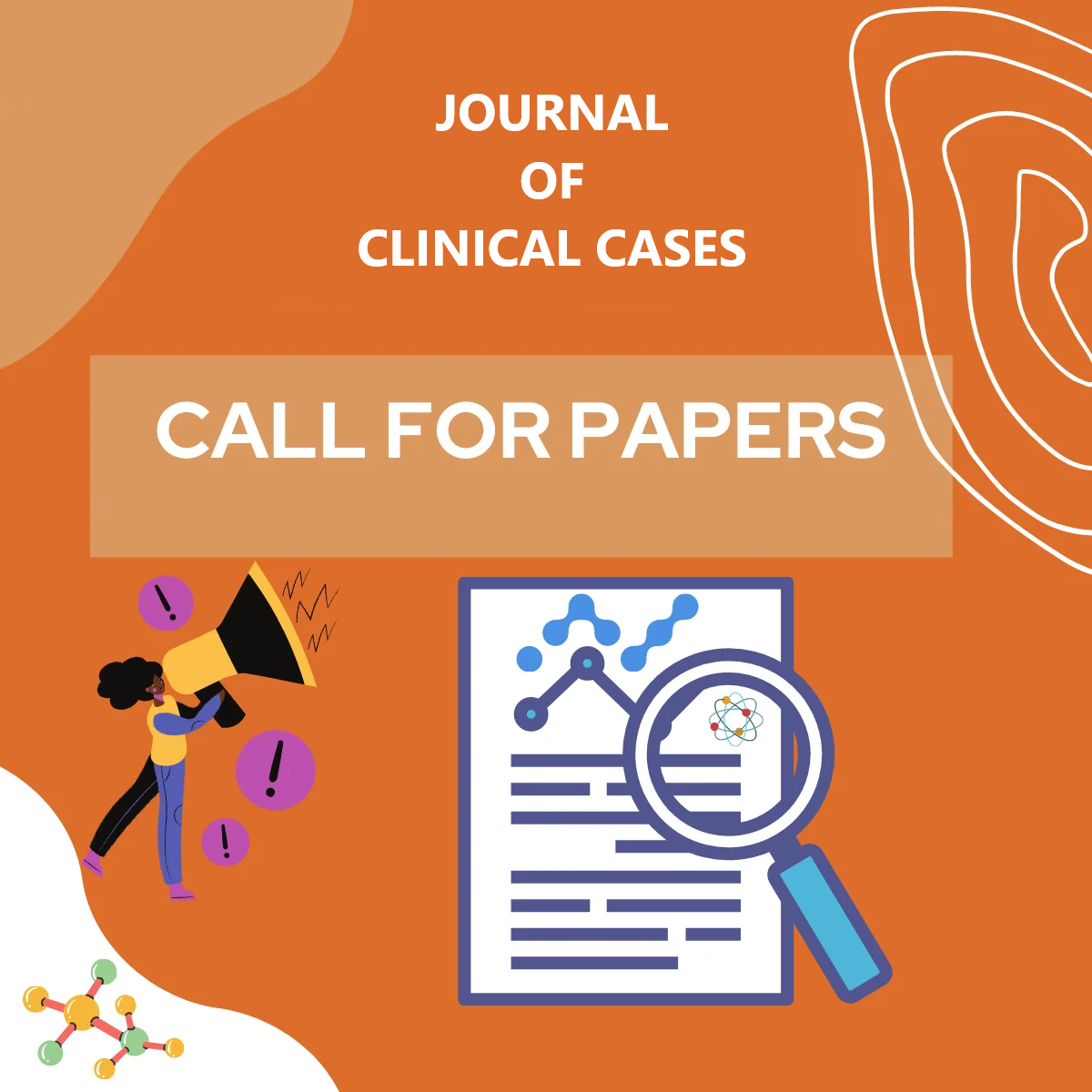Journal Citations
- Crossref
- PubMed
- Semantic Scholar
- Google Scholar
- Academia
- SCRIBD
- ISSUU
- Publons
- MENDELEY
Share This Page
Journal Page

Response To Pemigatinib In A Patient With FGFR2 Y375C Mutation – A Case Report And Review Of Literature
Mayukh Dey, Pooja Gogia , Yiwu Huang
Resident Physician, Department of Internal Medicine at Maimonides Medical Center, Brooklyn New York.
Corresponding Author: Mayukh Dey
Published Date: 09 Nov 2023; Received Date: 21 Oct 2023
ABSTRACT
Background:Cholangiocarcinoma (CCA) is a malignancy of the biliary tree epithelium which constitutes 15% of all primary liver tumors. Anatomically, CCAs can be intrahepatic, perihilar and distal CCA. Of the three types, the perihilar CCA is the most common type in the USA and accounts for 50-60% of all CCAs. These CCAs are associated with several epigenetic alterations which act as targets for new therapeutic agents such as those targeting active gene fusions of FGFR2 and IDH mutations.
Case discussion:Here we present a case of a 65-year-old man with metastatic intrahepatic CCA with FGFR2 Y375C mutation. The patient’s initial abdominal ultrasound revealed liver cirrhosis and a mass in the left hepatic lobe which was confirmed on a PET CT scan. He further underwent CT guided biopsy of the liver mass which showed a moderately differentiated adenocarcinoma, positive for pancytokeratin, CK 7 and MOC-31. He was started with Gemcitabine and Cisplatin over one month with swift progression of disease as evidenced by worsening right upper quadrant pain, increasing CA19-9 levels and image findings. Therefore, treatment was switched to FGFR2 inhibitor Pemigatinib as the qualitative next-generation sequencing of the pathological specimen showed FGFR2 Y375C mutation. The initial dose of Pemigatinib was lowered from 13.5 mg to 9 mg with better patient tolerance. Subsequent abdominal imaging showed decreased size of the heterogeneous mass in the left lobe of the liver with stable periportal adenopathy with decreasing CA19-9 levels. Over the last 13 months of treatment with Pemigatinib, the patient showed no progression of disease on imaging with favorable response and normalization of CA 19-9. His abdominal pain improved and he has maintained excellent quality of life.

